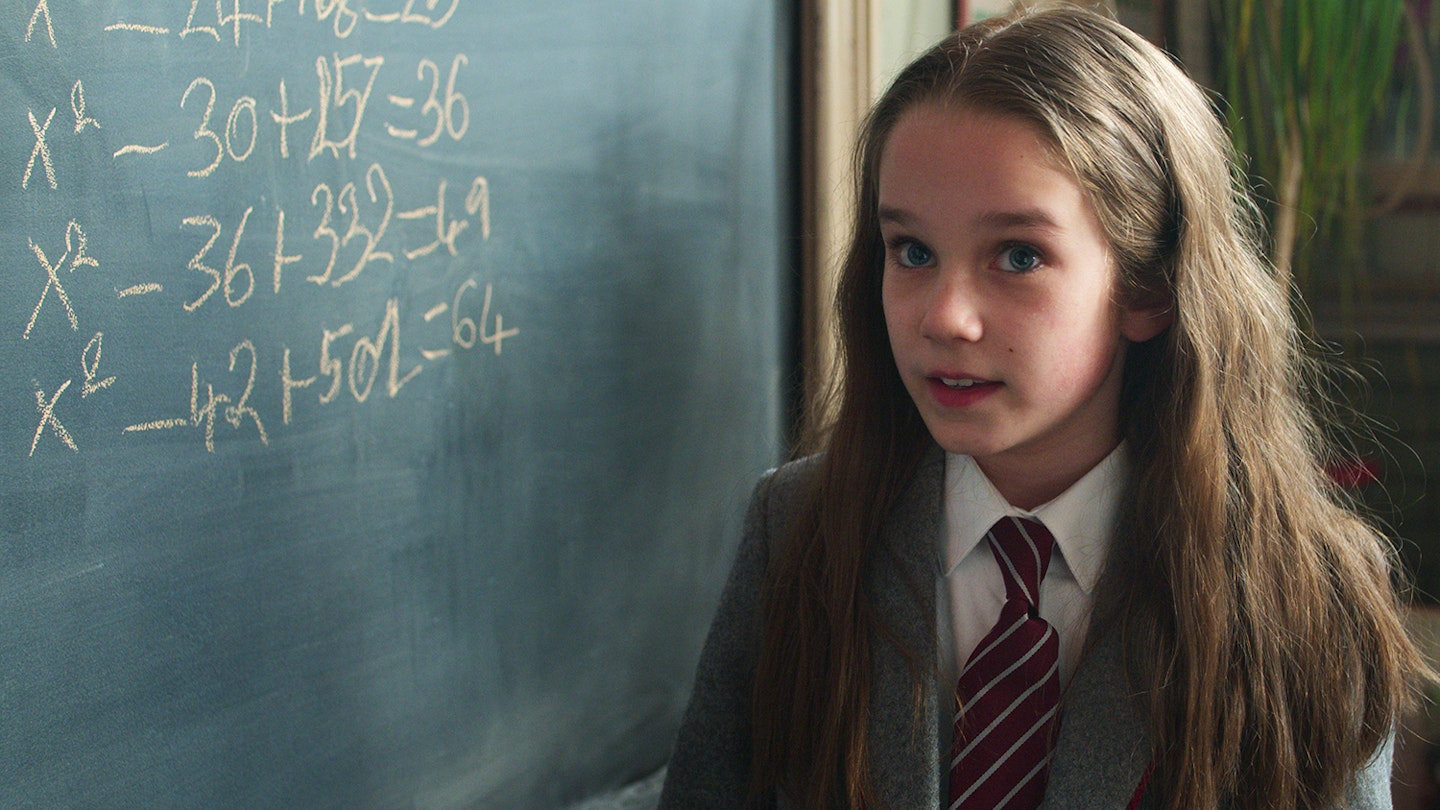With Matilda The Musical, director Matthew Warchus and songwriter-comedian Tim Minchin channelled the dark humour, delicious wordplay and rebellious spirit of Roald Dahl’s beloved kids’ book into a theatrical smash. And they did it all over again on film, re-teaming for a screen adaptation that takes everything that worked on stage and bolsters it with inventive visuals, warbling newborns, and Emma Thompson chucking children over fences. Ahead of the revival of their Groundhog Day musical, Warchus and Minchin sat down with Empire to break down the songs of Matilda The Musical — and how they brought it to the big screen.
Like the stage show, the film begins with ‘Miracle’ — now with the joyous absurdity of singing babies. When did you realise you could do that in this version?
Matthew Warchus: On stage, ‘Miracle’ is built around Matilda’s birth — it’s a nativity of the redeemer. It’s sung by a lot of people who don’t appear in the rest of the film. There were lots of conversations amongst the producers about whether we needed ‘Miracle’, given that it wasn’t necessarily part of the story.
Tim Minchin: Because you sort of don’t. You wouldn’t do that scene if it didn’t pre-exist.
Warchus: But it’s really important in a musical to start with a burst of energy. I thought, ‘What can we do that we couldn’t do on stage?’ It occurred to me that we could have babies. It was literally my favourite day of filming. All of these newborn babies came in — more than appear in the film, because we couldn’t film them asleep. They were being fed and sleeping. “Has anyone got a baby that’s awake now? Bring them in!”
Our real introduction to Matilda herself is ‘Naughty’ — she rebels against her bullying parents in small ways. In the first two songs, you get to the thematic heart of the story straight away.
Minchin: ‘Naughty’ was the last song I wrote. It took ages to find Matilda’s voice in song — I didn’t want her to be a Broadway brat. It’s an unconventional musical in so many ways. Matilda’s problem changes. In the book, [the first third] is about her doing tricks on her parents. And then she goes to school and the stakes [rise]. So when you’re writing her first-act song, we don’t yet know what her want is. We just know she’s a kid with shit parents. I love the idea — despite being bookish and quiet and wise — that she has this little self-possession, that it’s up to her to be her own emancipator. And that [is what] she takes to school and eventually spreads around so everyone can revolt with her.
Warchus: You hear [Matilda] say in her mind, “Once upon a time, there was a little girl who was trapped...” She looks out of the window and sees Miss Honey. The audience think it’s about Matilda — but they’re gonna find out it’s about Miss Honey, equally.
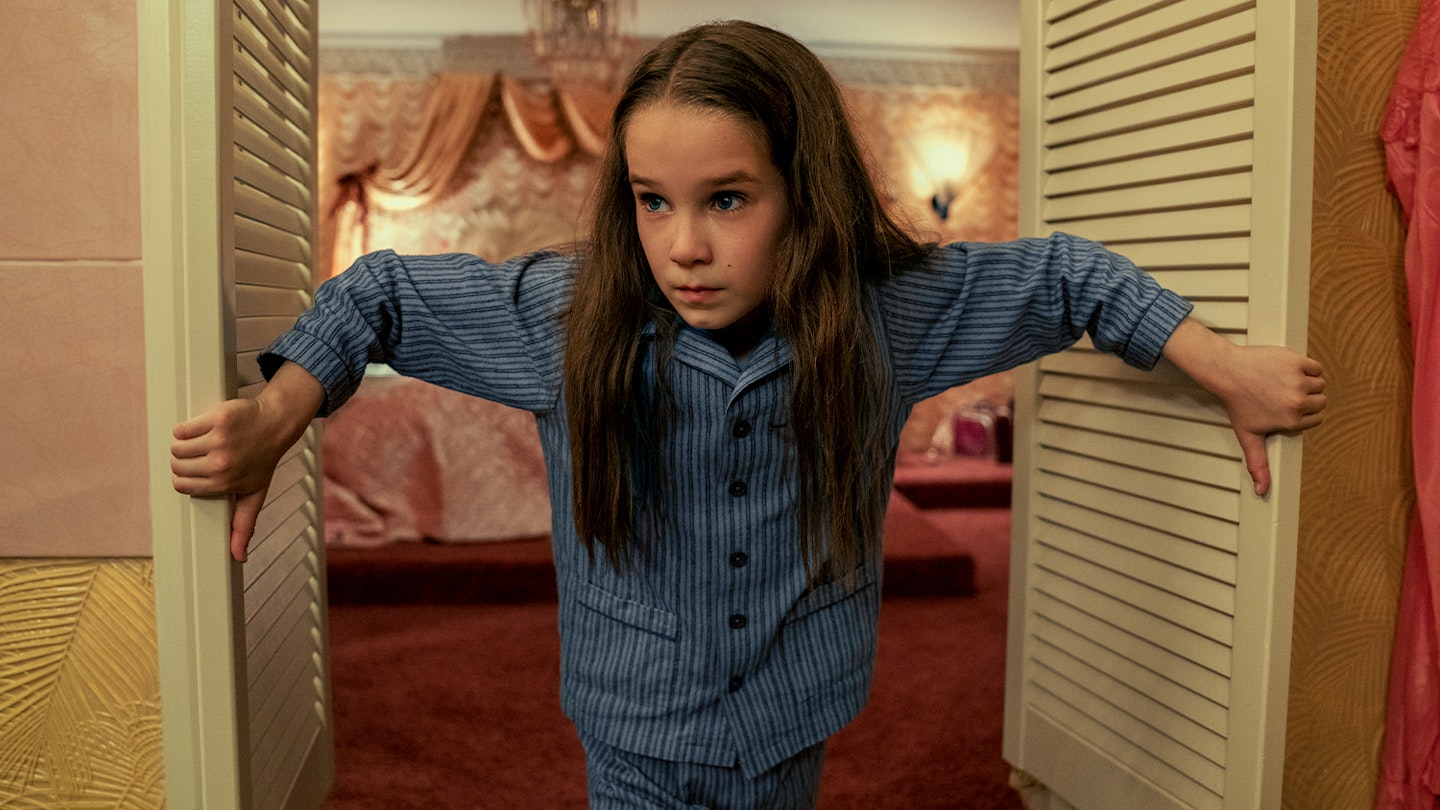
Alicia Weir is astonishing as Matilda — you really let the camera take in all the nuances of what she’s doing.
Warchus: She’s got exactly the right face — and behind her eyes she’s got exactly the right suggestion of intensity and intellect and imagination. As soon as I saw her, I knew she was Matilda.
Minchin: It’s almost like you’ve been casting and directing Matildas for 12 years, that you got that so right!
‘School Song ’ is so lyrically clever, incorporating the entire alphabet as Matilda’s classmates introduce her to Crunchem Hall. On stage, you accentuate the wordplay with A-Z letter blocks. Here, the letters are on the classroom doors. Was it tricky, figuring out what to do with it?
Warchus: In the first draft of the screenplay, it wasn’t there. It was cut. We just thought that was a completely theatrical moment. It doesn’t do anything as a song, other than play a word game and introduce the school. We tried to find versions of the letters appearing in other ways — they were chalked onto the playground, like hopscotch. Then we thought about a pile of old alphabet blocks outside a classroom. I said, “Just put the letters on the school doors and see if that works.” It gave a little bonus, that Miss Honey is ‘Z’ — she’s the bottom of the pile.
The film is quite bonkers. Which is joyous, because it was a rule-breaking stage musical, and it’s a story about rule-breaking – Tim Minchin
You really build up to Emma Thompson’s Miss Trunchbull — she properly goes for it in her introductory song, ‘The Hammer’.
Warchus: We had to film it in one day. The night before, Emma was staying in a hotel with a wedding party in the rooms above and below her, partying all night. She didn’t get one minute of sleep. She came in really distressed about how on Earth she was going to do this huge number. You can see in her face, there’s a desperation and a wildness. For me, it’s a great example of how fearless she was all the way through the movie.
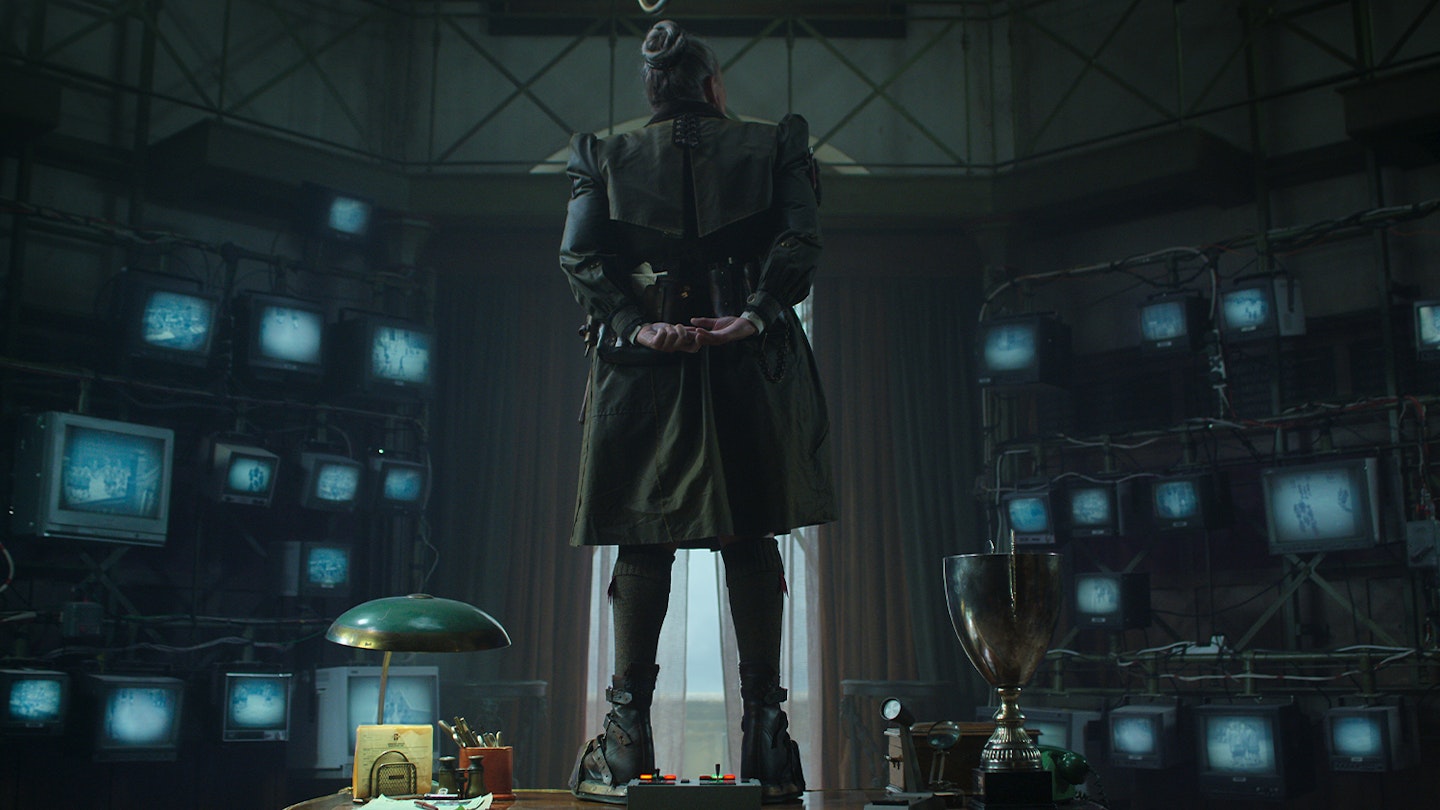
Minchin: Both Miss Trunchbull songs are so absurd, and musically angular and difficult — ‘The Hammer’ starts in 5/4. The baddie has two big numbers in this show, and you love being with her, but she’s awful. You need the best actor in the world — you just needed Emma. She’s a miracle.
Warchus: There’s actually something buried in that song. The audience goes on to discover that Trunchbull is a murderer — she killed Magnus. She lost control, and he came to confront her about his daughter locked in the cellar. Maybe he found her at the gym and [she] ended up smashing [him] with some weights. She ended up with this dead body that she had to get rid of. And since then, her whole mantra has been total control — no expression of emotion, keep your feet inside the line. What she’s remembering after she throws the hammer in that song — the “No, no, no!” — is that day when she killed somebody by mistake.
Did you use real cakes for the Bruce Bogtrotter song?
Warchus: It was over 100 cakes. We auditioned a couple of bakers — Charlie [Hodson-Prior], who plays Bruce, auditioned them with us. It was an independent [bakery], basically a woman and her assistants. She did the whole thing for us over about a week. On the last day, it was my youngest son’s birthday — I took two layers home in a box and they lasted us a week. It was good cake!
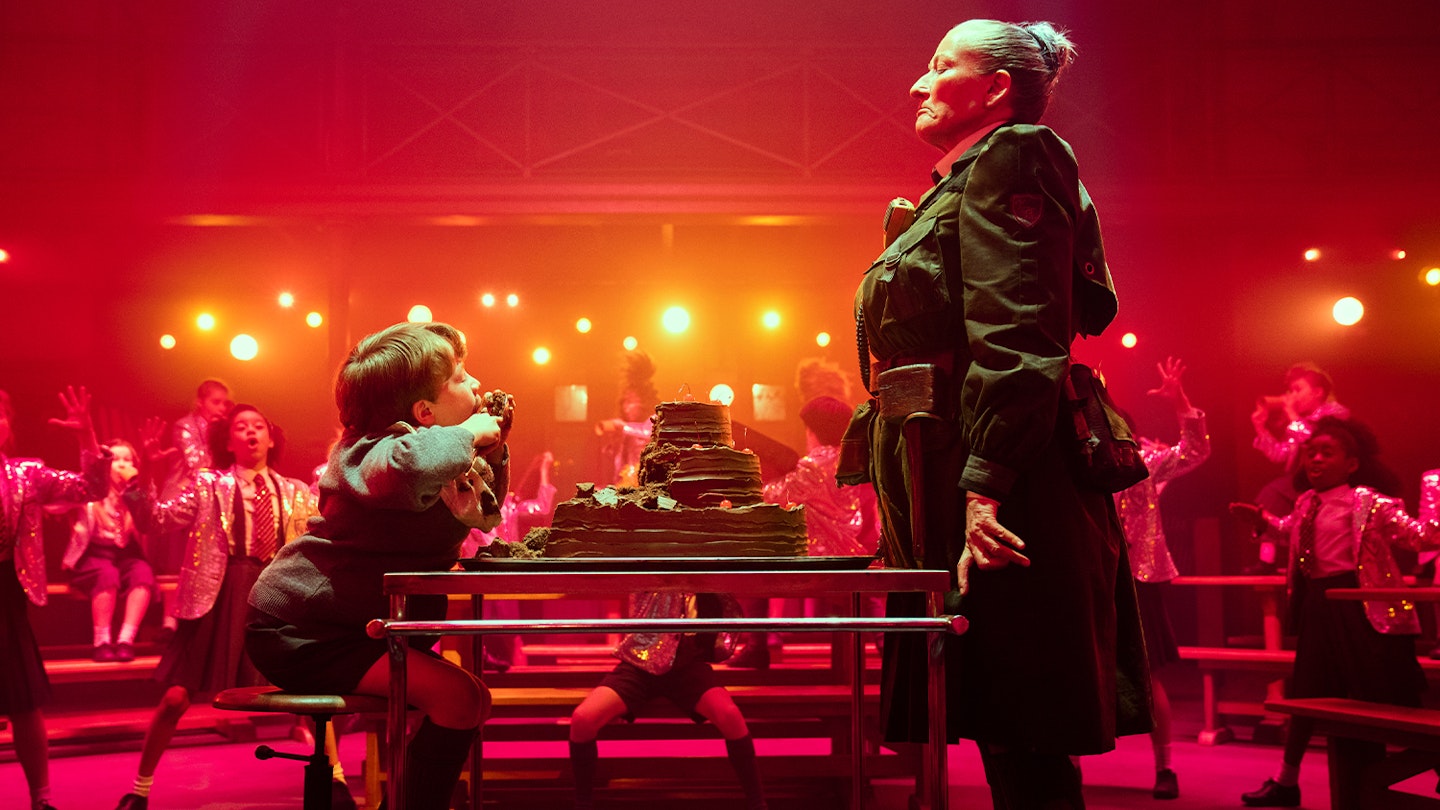
‘When I Grow Up’ is one of the most beloved songs in the show — it’s so bittersweet about kids’ ideas of what adulthood is. And here you get to visualise the kids’ imagined jobs — driving the bus, or flying a Red Arrow.
Warchus: [Writer] Dennis Kelly and I tried lots of different things. I wanted the kids to turn into giants — the rest of the world was going to scale down until they were striding across hillsides like the BFG. We did a storyboard of that, and it felt more like a commercial for washing powder.
Minchin: A couple of times I went, “It can’t be in the film.” It’s a second-act opener, it’s meant to bring you back from the foyer into the story. But Matthew was belligerent about it [staying in]. We have all these rules in filmmaking. We forget, as filmmakers, that the audience don’t fucking care about the rules. If you tell them, “We’re now going to do a song about growing up,” if you make it good, they’ll go with you. The film is quite bonkers. One of the miracles of how good this film is, is how eccentric and formally rule-breaking it is. Which is joyous, because it was a rule-breaking stage musical, and it’s a story about rule-breaking. I couldn’t be more admiring of how brave it is.
There's a little homage in there to Rian Johnson's Looper. It's one of my favourite films – Matthew Warchus
The ending of that song, when Miss Honey starts singing, “When I grow up...” is heartbreaking. Lashana Lynch is incredible. In her song, ‘My House’, you really let the camera just linger on her.
Minchin: ‘My House’ is really special for me. Lashana is just stunning. It’s the thing that kills me in this film — wedged between ‘Quiet’ and ‘Revolting Children’, it gets a bit lost [in the show]. Whereas it’s the emotional peak of the film. The big reveal that young Miss Honey is the person Matilda was playing in her story, I just find it so emotional. I have to do breathing exercises as I’m approaching it, “Okay, here comes that moment. This is the 12th time you’ve seen this film, you don’t have to have a big sob, you big idiot!”
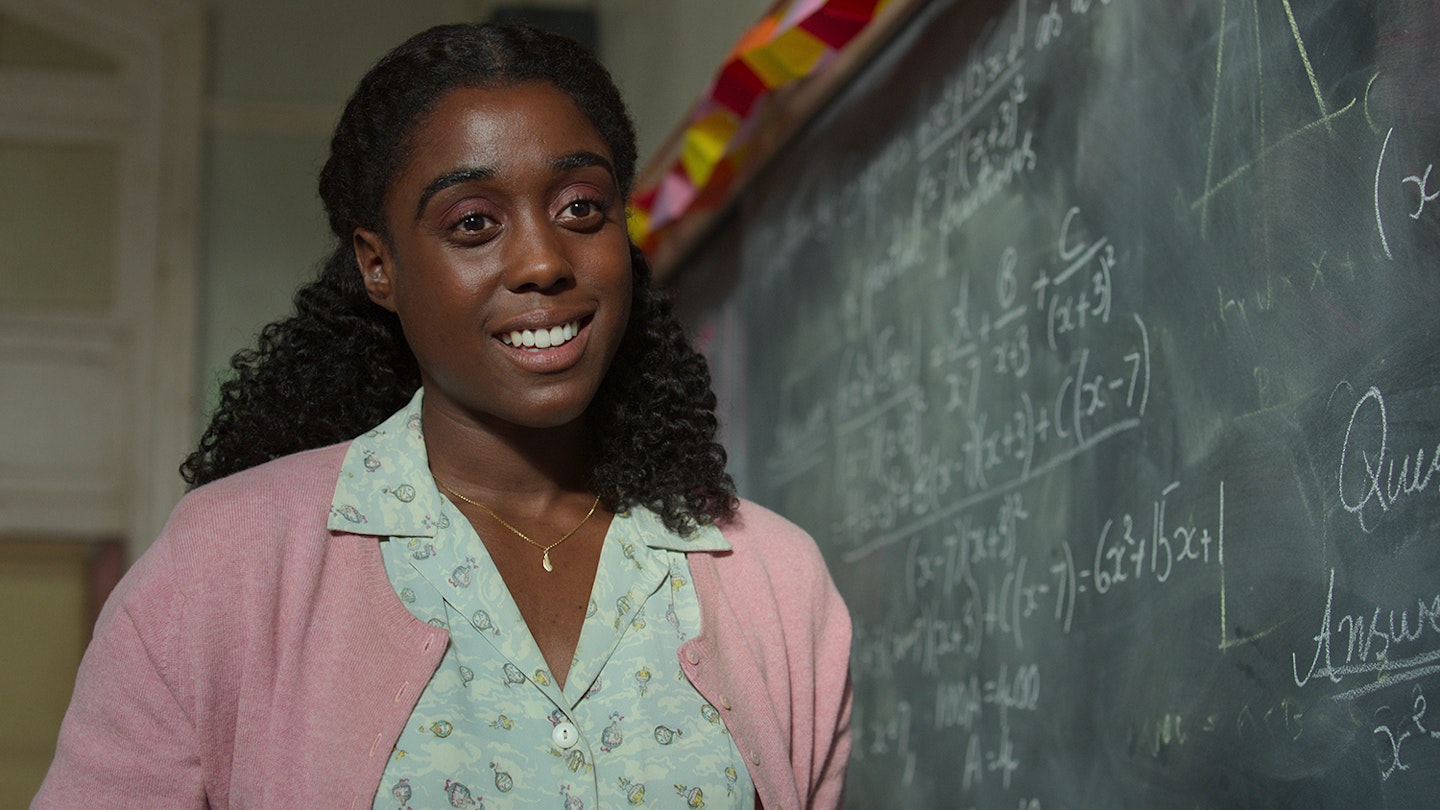
You mentioned ‘Quiet’, which brings the audience into Matilda’s world, into the eye of the storm. It’s a song about dissociating in trauma... but, for kids?
Minchin: That’s exactly what it is. That song’s been an amazing thing in my life. Neurodivergent people, autistic people, people with anxiety and trauma — I get these messages [from them] all the time. Even from parents saying, “My nonverbal kid loves that song, and has told me in their nonverbal way that that’s how they feel.” It’s got this weight that I never expected. When you’re doing a musical on film, you can break the fourth wall — you can Fleabag it. Matthew chose not to do that often — it’s just in ‘Quiet’. She goes [down the lens], “Have you ever wondered...” and you’re like, “Oh fuck!” She’s asking us to understand her.
Warchus: There’s a little homage in there to Rian Johnson’s Looper. It’s one of my favourite films. There’s that scene in the cornfield at the end when all of the stuff starts rising up, and that’s what happens in ‘Quiet’ — all of the debris comes up and around her; she’s in a maelstrom of telekinesis. That was an homage to a film I love about a kid with superpowers.
The kids’ uprising in ‘Revolting Children’ is such a huge release. You don’t pull back on the dictator-toppling imagery, with the kids pulling Trunchbull’s statue down.
Warchus: It was absolutely unavoidable — it had to come down at the end. And the contemporary politics of that was strikingly coincidental and apposite. We were pulling it down at a time when pulling down statues was a big global thing.
Minchin: For all the idea of revising our colonial obsessions and the contemporary statue-pulling-down, for me it’s Saddam Hussein. That’s the moment, isn’t it?
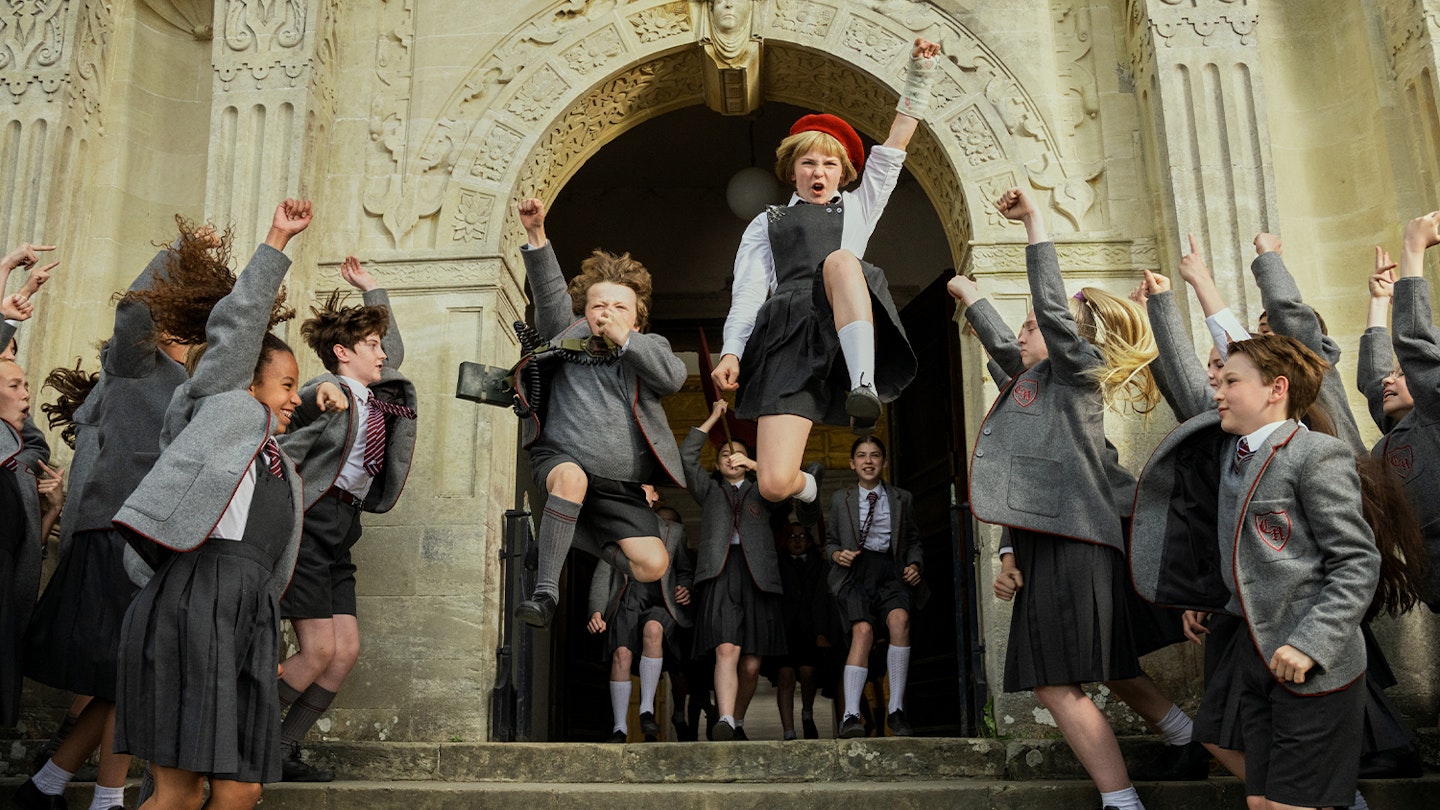
The number of kids dancing in that sequence is mind-blowing, too.
Warchus: We rehearsed in Alexandra Palace for months before shooting. We had kids with different skills — tumbling, dancing. Because of Covid restrictions, there was a limit on how many kids you could have on set. In the lobby, it’s done in six composite parts. When we get outside in the school yard, you’re allowed more kids — that’s all in-camera, 100-and-something [kids].
You end the film on a new song, ‘Still Holding My Hand’, between Matilda and Miss Honey. Was it always the plan to finish on something new?
Minchin: It’s traditionally the case that if you adapt a stage show, you put a new song in it. It’s good for publicity, it’s novel or whatever. I was resistant to that stuff. I didn’t want to write a new song for a gimmick. But happily, we realised that the movie needed an ending. Matthew and Dennis emailed me and said, “Do you think maybe it’s a song?” I didn’t land on anything new — it’s built of the musical DNA of the show. It’s got bits of ‘Quiet’, musical ideas, lyrical ideas poached. In ‘Naughty’, Matilda poses her hypothesis: “I don’t understand why these people didn’t change their story.” But life gets so heavy, she can’t do it by herself. Miss Honey is saved by Matilda, and eventually Miss Honey gets to save Matilda — giving her somewhere to live and someone to love her.
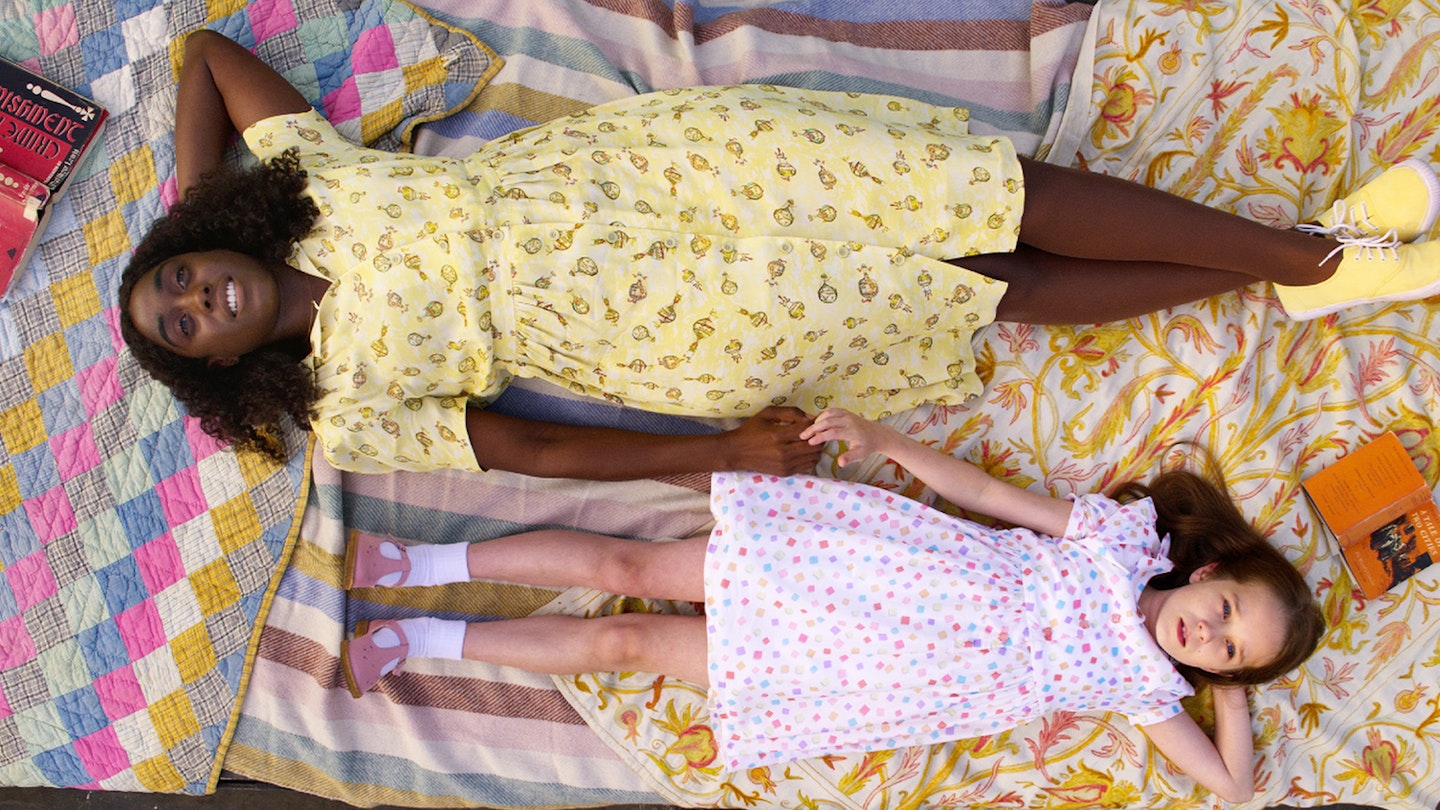
Originally published in the May 2023 issue of Empire.
Matilda The Musical is streaming now Netflix UK
